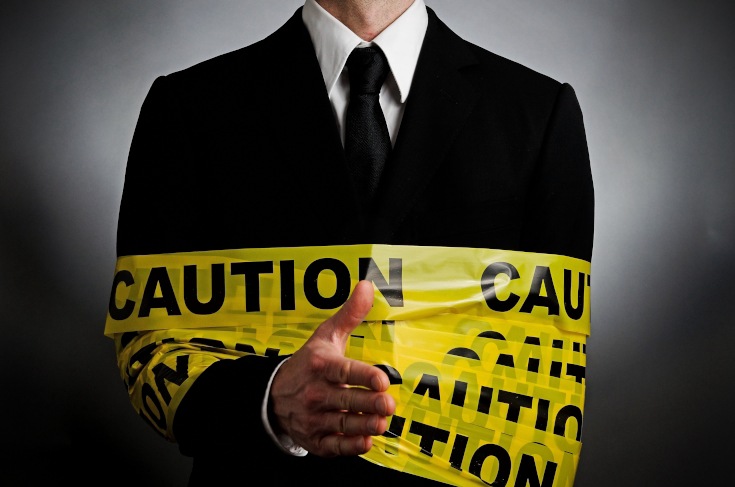‘Ludicrous’ costs to investors slammed as regulator cops heat
Recent missteps and decisions by Fair Trading have raised serious questions about the effectiveness of the regulator, according to a real estate boss, who has issued a blasting this morning.

According to the CEO of the Real Estate Institute of NSW Tim McKibbin, the decisions being made by Fair Trading are acting against the best interest of consumers, including property investors.
To continue reading the rest of this article, please log in.
Create free account to get unlimited news articles and more!
“Fair Trading have removed what they believe is ‘red tape’. Unfortunately, their ‘red tape’ are consumer protection procedures and processes,” Mr McKibbin said.
“The cost of these decisions can be counted in the millions of dollars, and continue today to expose consumers to unnecessary risk," he said.
Why is this a problem for property investors?
Mr McKibbin said to Smart Property Investment that property investors “rightfully will be concerned about what regulatory function is actually employing,” as it covers their own protections in the market.
“If they don’t have that confidence in the market, don’t have the view that the regulator is protecting them sufficiently, then it may impact investment into the property market. And I said, that is a concern for the property market and for the consumer,” he said.
“All markets are about confidence. If somebody is going to make an acquisition of a product or a service, then they have to have confidence in the supplier, the people who are providing that and have to have confidence in the hygiene of the marketplace.”
What’s gone wrong?
Mr McKibbin’s comments follow recent decisions made by Fair Trading to charge various accounts of real estate trust account fraud which he claimed could have been avoided.
“Four years ago, Fair Trading made the decision to remove the obligation for real estate agents to lodge their annual trust account audits in what it claimed removed ‘red tape,’” Mr McKibbin said.
“Upon becoming aware of the decision, we opposed it, pointing out that this procedure is a consumer protection mechanism which is applied in all industries where providers of goods and services hold client’s money in trust.
“With one strike of a pen – and despite strident opposition from the Institute – Fair Trading removed all the protection of an independent audit. It created the ludicrous situation where only agents who had behaved fraudulently needed to notify Fair Trading that their audit had identified their fraud, and as a result, incidents like the van Wijngaarden case and others cost consumers millions of dollars.”
Mr McKibbin compared the need of someone holding a property services-related license to that of a driver’s license.
“I have to satisfy, as do you satisfy, certain criteria to get a license and I have to satisfy certain criteria to maintain my license, so if I infringe the road rules sufficiently, then they take my license away from me and that means I cannot enjoy the benefits that a driver’s license provides me,” he explained.
“And if the same thing happens to apply in any other licensed environment, in any other environment where consumers are going to be relying on the goods and services provided to them by an industry.
“In the property service industry, we want to know that they have qualified themselves with necessary education and experience to be licensed … to deliver services within that market. Secondly, that they have continue to conduct themselves in such a manner as to warrant retaining their license.”
Where to now?
In response to the actions made by Fair Trading, Mr McKibbin and the REINSW are calling for a parliamentary inquiry into Fair Trading’s decision-making process.
“The property services industry wants to improve the consumer’s experience with the industry and drive consumer protection initiatives,” Mr McKibbin said.
“It’s ironic that we have to fight Fair Trading and even our own Minister every step of the way to make this happen.”


